Inside: Digestive issues are an important topic for parents, kids, and teens. Kids with a poor digestive system have issues with allergies, food sensitivities, malabsorption of nutrients, and more. Here are solutions to different digestive issues. Take special note of the yoga poses for digestion—they are amazing for kids and they work!
Digestive Issues
Have you ever thought about your digestion? Digestion is how our body breaks down food so that it can be used by all the tissues and cells in our body. But there’s a lot that can go wrong between the time you swallow your food and your body uses it.
Digestive problems are rampant. Research indicates that the #1 reason for hospitalization is the treatment of digestive problems. And kids experiencing digestive issues is also on the rise. You probably know someone with chronic digestive issues such as
- Crohn’s disease
- Irritable Bowel Syndrome (IBS)
- Ulcers
- Acid reflux
- Gas
- Constipation
- Heartburn
- Bloating, etc.
Most likely these problems started when they were young because of poor eating habits.
Children of all ages (including babies) can be affected by digestive issues. Kids manifest digestive problems differently than adults. They may not be able to
- tolerate stress
- moody or irritable
- insomnia
So, what are the digestive issues your children and teens encounter?
Digestive Issues with Kids: 20 Important Facts to Know
Digestion is a bigger subject than what can be covered in one blog, but let’s discuss a few issues and some possible solutions of how it relates to children. To make it simple, I’ve broken it down into questions and answers/facts.
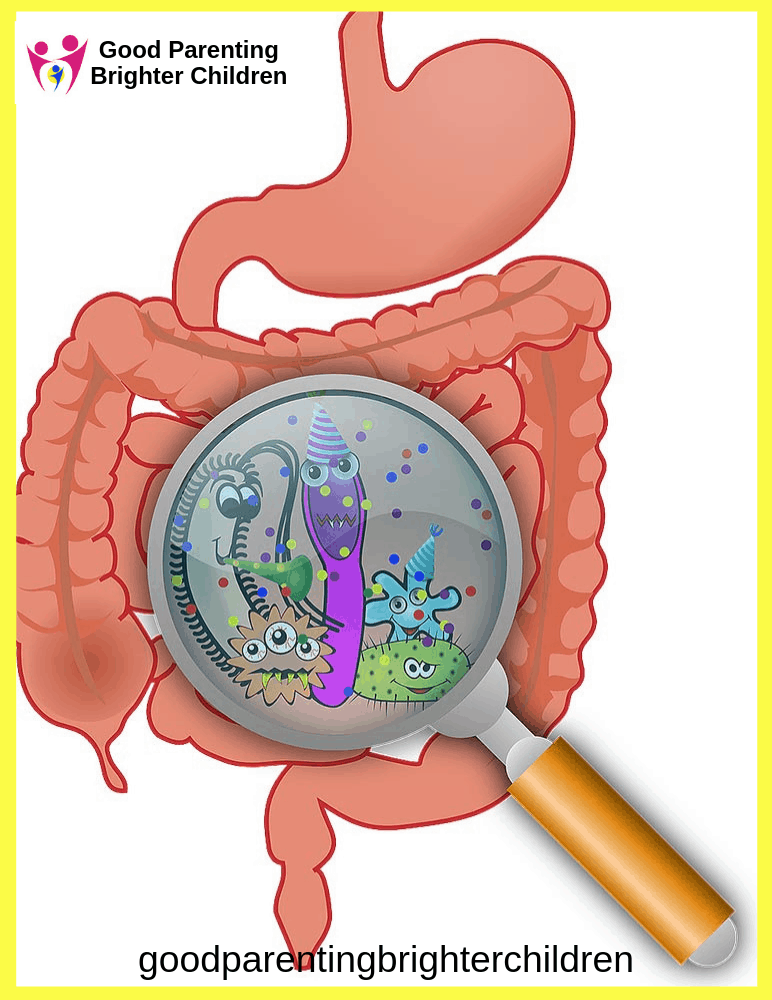
There are several steps and organs that are involved in digesting foods. Digestion of food begins in the mouth, travels through the esophagus, down to the stomach; from there to the intestine and the process also gets help from the pancreas, liver, and gallbladder.
Question:
What are some of the digestive issues and what problems can they cause for children as they get older?
#1: 3 Digestive Issue Culprits
Here are the definitions of some of the main culprits:
Crohn’s Disease:
An inflammatory bowel that affects the lining of the digestive tract.
Irritable Bowel Syndrome (IBS):
A disorder that affects the large intestine. You can experience cramping, abdominal pain, bloating, gas, constipation or diarrhea.
Acid Reflux:
Burning pain known as heartburn in the lower chest area. It’s when stomach acid flows back into the food pipe
All of these issues are diet and digestion-related and can be treated with a change of diet. Your medical doctor can also prescribe certain medicines to help.
Question:
My child (and myself) have food cravings. What does that mean?
#2: Digestion & Food Cravings
The rule is, you crave what you can’t digest. To alleviate this problem, you or your child must eliminate the food causing the cravings, and eventually, your cravings will disappear as well as the digestive problems these cravings are causing.
For instance, sugar creates problems with digestion for kids and adults. Too much sugar causes constipation by pulling water out of the digestive tract needed for digestion but it can also cause diarrhea in some children.
Going off of sugar is not easy, but if your children are having constipation or diarrhea issues, eliminating sugar in the diet will help normalize their bowels.
Question:
My child has food sensitivities—what should I do?
#3: Digestion & Food Sensitivities
Again, food cravings are associated with digestion and can lead to food sensitivities.
Food sensitivity in children is not something to take lightly because food sensitivities can lead to allergies. Both are caused by a weakened immune system. A weak immune system means your child can be more susceptible to colds, flu, and other illnesses.
To detect sensitivities in your child try the following:
- Eliminate their favorite foods for 12-14 days.
- Add the foods back into their diets one at a time on an empty stomach.
- Watch for behavior changes after they have eaten food you suspect may be the problem.
#4 Food Sensitivities–Take a Pulse
If your child has food sensitivities, take his/her pulse both before and 10 minutes after she eats the food you suspect may be an issue. If the pulse is elevated 10 or more points per minute, she most likely has an allergy to that food which will cause issues with her digestion.

If you think your child may have a sensitivity to a certain food, take their pulse before and after they eat the food.
#5 Food Sensitivities–Food Journal
Another way to detect food sensitivities with your children is to keep a food journal. Try this:
- Be aware that the foods most commonly causing food sensitivities are wheat, milk, eggs, sugar, oranges, peanuts, and chocolate
- Jot down the food your child is eating—day and time. Noting the time is very important because food sensitivities may take hours to manifest. Oftentimes parents discount a certain food because their child took so long to have a reaction to it.
- Look for changes in your child’s behavior both at the time they are eating the food and for up to 8 hours later. Are they moody? Irritable? Tired? Anxious? Argumentative?
- Note their facial color (red blotches, gray, rashes, etc.)
- Look to see if they develop darkness or eye circles. Dark circles under the eyes are usually a telltale sign of food sensitivities

Food journaling is a way to detect food sensitivities in children. Keep track of what your children eat over 12 days; note changes in behavior and facial color; darkness under the eyes, etc.
#6 Food Sensitivities–Enzymes to the Rescue!
If you notice any changes with your child from the list above, eliminate that particular food.
Parents, be aware that omitting a certain food that is causing food sensitivity will usually make the behavior of your child worse for 4-16 days. Hang in there—it will get better because you have eliminated the food causing the sensitivity but it takes time to get it completely out of their systems.
Another thing to help is enzymes. There are three types:
- Digestive enzymes which are secreted by the body to digest food
- Metabolic enzymes that run different biochemical processes in the body
- Plant enzymes which are in all raw food
The kind you want for your child are plant enzymes. Not all plant enzymes work. I like the Enzyme Formulation brand. Our whole family has taken them with excellent results. Even my 2-year old granddaughter with all kinds of food sensitivities took them with amazing results. They come in capsules so to give them to a young child, open the enzyme, shake the contents into a small glass of water, and have your child drink it.
Also, if your child has sensitivities to milk, she may be missing the lactase enzyme in her body. The doctor can prescribe a “lactase enzyme.” It’s an enzyme that will help your child digest milk and milk products. It is a very tiny pill and easy to swallow.
All enzymes are perfectly safe. They will help a child digest a certain food they are having issues with. By using an enzyme you may be able to reintroduce the offending food to your child.
Question:
I thought kids need more carbohydrates than adults? I’m feeding my 9-month old son more carbs but he has a lot of gas and stomachaches. What is wrong?
#7: Carbs, Gas & Stomachaches
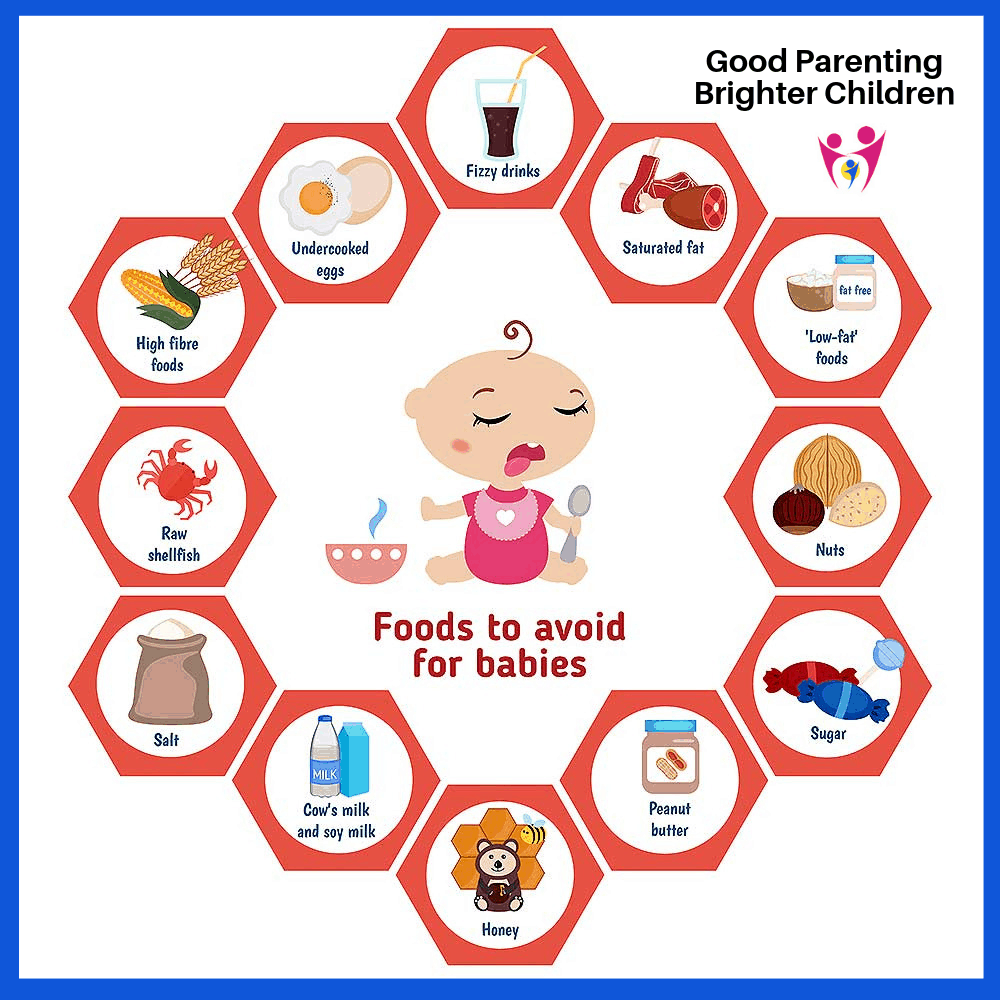
Babies have little sensitive stomachs and if you don’t want to set them up for a lifetime of allergies and other issues. This infographic shows foods babies should not eat during their first year of life.
First, children under the age of one produce very little amylase—the enzyme in the body that breaks down carbohydrates. Second, you need to evaluate the kinds of carbs are you feeding your 9-month old child. White bread? Boxed cereals?
Feeding your child boxed cereal will set him/her up for a lifetime of yeast, asthma, and skin conditions.
Yes, children do require more carbs than adults, but not more white bread or boxed cereals. Feed them fresh fruit, vegetables, and complex carbohydrates like whole grains. Here is an infographic on what foods you should avoid feeding babies up to 1 year old. They have little, delicate stomachs and you don’t want to set them up for a lifetime of digestive issues by feeding them foods that will cause them bigger digestive issues as they get older.
Question:
My son has gas and stomachaches. The doctor wants to put him on liquid Prilosec. What do Prilosec, Tagamet, and other anti-acids do for digestive problems?
#8: Problems With Anti-Acids
Contrary to what your doctor may tell you, anti-acids shut down the body’s ability to produce hydrochloric acid (HCL). The body is then unable to digest protein effectively. HCL is produced by the body and helps with the digestion of food, especially flesh or meat protein. What you really want is to do is increase HCL, not eliminate or suppress it.
Even children can suffer from bloating, stomachaches, constipation, etc., and I know of doctors that prescribe liquid anti-acids for them, but what your child really needs is an enzyme, an HCL pill, or lemon juice (read below).
#9: Instead of Anti-Acids Try This (works for kids 6 and above)
I’ve mentioned this technique in other blogs.
- Take 1-2 lemon(s) and squeeze out the juice
- Drink just the juice– about 10 minutes before you eat a meal. You can drink a sip of water afterward—it will taste sweet in your mouth. Also, have your kids brush their teeth after drinking the lemon juice—you don’t want the juice (an acid) to cause tooth decay.
- However, don’t worry about the lemon being acid and causing issues with your child’s digestion. Once the lemon juice hits the esophagus it turns into an alkaline, but it stimulates the pepsin enzyme in your child’s stomach which helps with digestion—especially the digestion of protein.
For most people I’ve suggested this to, it works. However, nothing works for everyone so, if it doesn’t work for your child, try enzymes.
Question:
Are there certain foods that can help my child with an upset stomach or acid reflux?
#10: Bananas, Almonds, or Enzymes
Yes. Try feeding your child a few bites of a banana or some raw almonds after a meal. They can calm an upset stomach–most likely from the calcium they contain.
Question:
Can yoga or breathing exercises help kids with digestion issues?
#11: Digestion, Yoga & Breathing Exercises
Yes, yoga and breathing exercises can help with a lot of issues including digestion. Here is an infographic showing 11 different yoga poses that can help children with digestive issues. Do these poses with your child/teen about 30 minutes before you eat a meal. Digestion first starts in the mind. We all experience stress and so do our children and teens. Helping them relax with yoga before eating is the first step to achieving good digestion.
Another way to help your child relax before eating is by doing relaxing breathing exercises. This simple exercise is related to many yoga poses. Here’s how it works:
- Sit on a chair with your back straight
- Breath in through your nose on the count of 3
- Hold your breath for a count of 7
- Exhale slowly for a count of 8
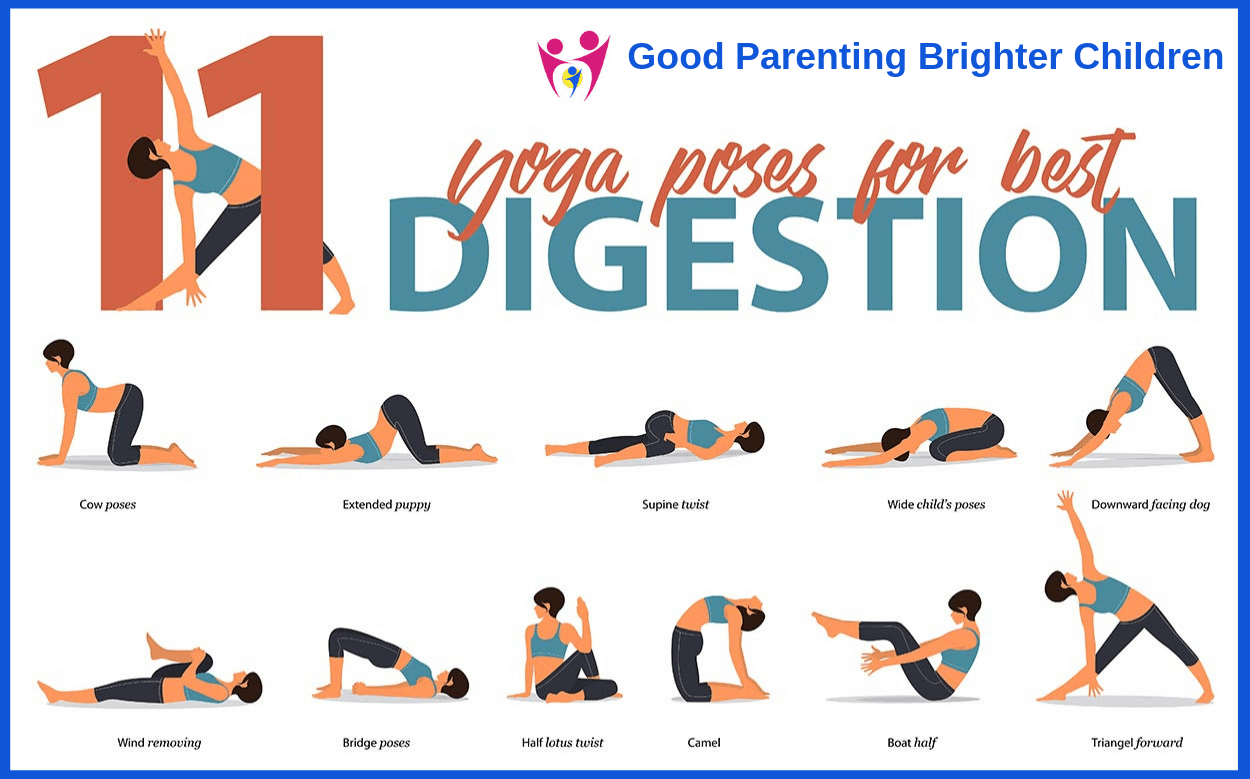
Digestion begins in the mind and if you are feeling stressed and eat at the same time, it will negatively affect your digestion. Do these poses with your children about 30 minutes prior to eating.
Question:
How can I tell if my child is not absorbing their nutrients—which relates to digestion?
#12: Malabsorption Issues
Look at your child’s or teen’s fingernails. Do they have vertical ridges on the nails? When you rub their nails from left to right, you will be able to feel the ridges. It means they are not absorbing their nutrients.
#13: Malabsorption Issues: Try This…
L-Glutamine is an amino acid that can heal the entire mucosal lining of the stomach. It heals the lining over time and you will see the ridges on your nails disappear. I like the Pure Encapsulations brand. However, an enzyme will also do the trick. Not only do enzymes help with digestion, but they can also help the body to absorb food.
Question:
What causes food malabsorption?
#14: The Cause of Malabsorption
Deficiency in sodium will cause malabsorption (which in turn will cause the ridges on your fingernails). Sodium pulls nutrients across the gut wall. Your child will not absorb protein and carbohydrates unless you have sufficient sodium. Another cause of malabsorption is an overgrowth of candida in the gut which can be helped with probiotics.
#15: Malabsorption Try Veggies
All vegetables naturally have sodium on them and if your child has malabsorption issues, increase his/her intake of veggies. If the problem is candida, they will need to take a daily probiotic (read more about probiotics below). Vegetables are extremely important for digestion–read more about veggies on this blog.
Question:
What are problems relating to constipation?
#16: Constipation
If your body cannot get rid of waste fast enough, the toxins will get filtered back into the bloodstream. Constipation also causes elevated estrogen levels.
#17: Try This for Constipation
Your child needs to drink more water, eat more fiber, and exercise daily and try the yoga poses above.
Question:
I have my children on a clean diet. They eat plenty of fiber, drink plenty of water yet they still suffer from constipation or diarrhea from time to time—what is wrong?
#18: Could Sugar be the Problem?
If your children are eating enough fiber, drinking plenty of water, exercising daily (walking to school, playing sports, etc)—then again as I said above, look at their sugar intake. Sugar crosses the gut wall, takes water with it, and can cause constipation or diarrhea in children.
Question:
What are probiotics and can they help a child with digestion issues?
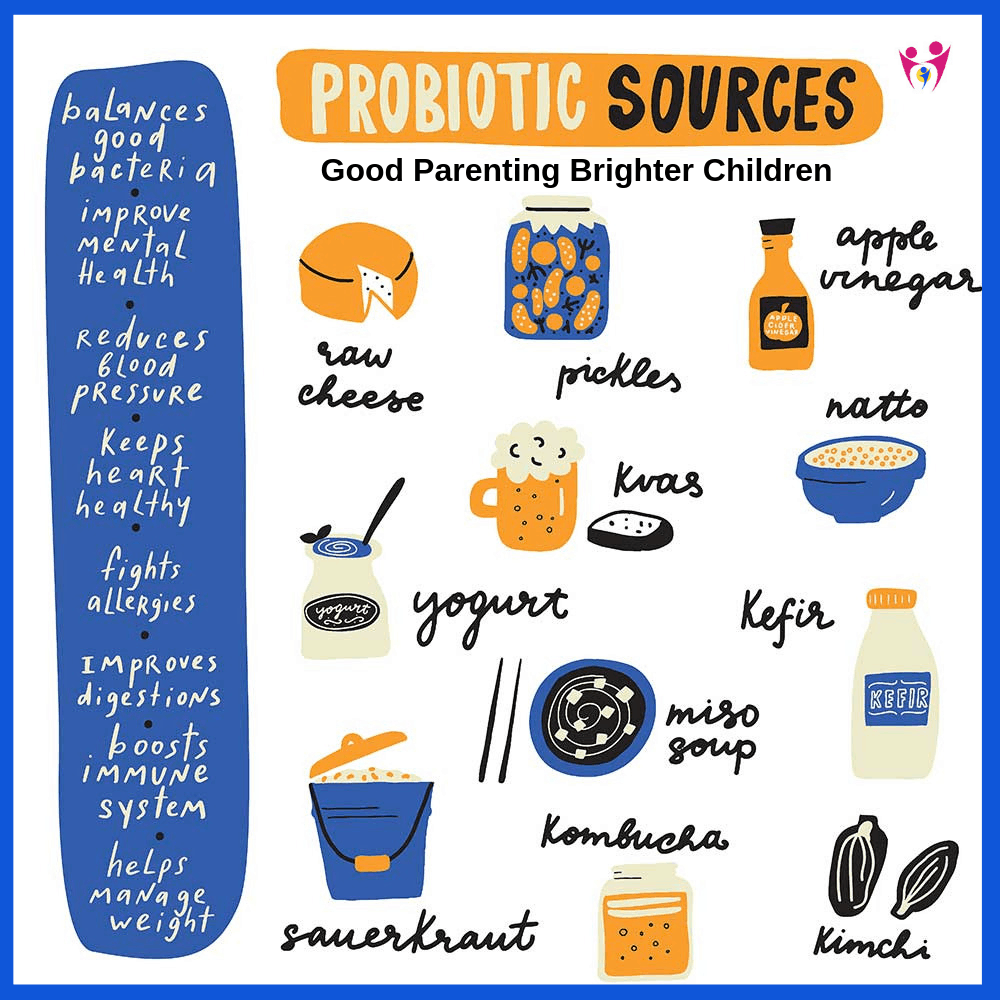
This infographic on probiotics helps you to understand all the benefits of probiotics for good health (left-side) and all the food sources that act as probiotics
#19: Power of Probiotics and Fermented Foods for Digestion
Probiotics are live microorganisms that when taken as supplements can benefit digestion by restoring and rebalancing the gut flora. Our gut has between 500-1200 different bacteria and at times certain of these bacteria (candida) can override the system (from antibiotics, too much sugar, etc.) and produce more than 180 toxic and allergy-triggering byproducts that cause issues such as stomachaches, gas, bloating or inflammation of the intestinal walls.
If taken daily, probiotics over time can restore the balance and health of the gut flora which will improve your child’s digestion. However, since sugar feeds candida and causes a lot of digestion issues with kids, may I suggest the obvious? Eliminate as much sugar as you can from your children’s diets.
People have asked me if yogurt works as a probiotic. The answer is “yes,” and “no.” Yogurt is fermented milk and is wonderful for kids but it is not strong enough to bypass the stomach acids; get to the gut and get rid of candida. However, yogurt does encourage the growth of “good” bacteria in the gut so add it to your children’s diets. And here is my recipe for delicious breakfast yogurt to make with your kids. Other fermented foods that are easy to digest include sauerkraut, kefir, kimchi, etc.
Question:
I heard that if your child is of a certain blood type they will have digestive issues with certain foods. Is this true?
#20: Blood Type & Digestion
You may have read Eat Right 4 Your Type by Dr. Peter J. D’Adamo. After extensive research, Dr. D’Adamo found that certain blood types have digestive difficulties with certain foods. For instance, if you are an A blood type–your system does not digest meat well. O-blood types have difficulty digesting wheat and milk.
Some health practitioners I’ve talked to agree wholeheartedly with what Dr. D’Adamo says while others believe the diet he suggests is too restrictive.
My suggestion: try it and see if it works for your child. If it does, adopt some of the suggestions. If not, the diet he suggests will definitely not hurt you or your child.
What issues do your children have with digestion? How have you handled the digestive issues in your family? Please share your comments in the section below.
Want to remember this post? Post, “20 Important Things You Didn’t Know About Kids & Digestion!” to your favorite Pinterest Board!
FAQ’s
First, you need to watch your diet. Drink plenty of water, eat foods high in fiber, and eat at least 3 cups of fresh veggies each day. Take a probiotic each day because it will help to balance the bacteria in your gut and add fermented foods to your diet such as kefir or yogurt–which will also help the gut. Establish an exercise routine and learn certain yoga poses to do before eating a meal. Why? It will help with your digestion. Remember: we usually crave what we can’t digest. Those cravings can cause havoc on your digestive system in the form of bloating, constipation, diarrhea, gas, indigestion and more. To find the culprits that are causing you digestive issues, keep a food journal and get rid of the sugar!
When the digestive system is not working you can experience such problems as bloating, constipation, diarrhea, gas, indigestion, cramping, or abdominal pain. If these issues are not addressed and resolved through diet changes, they can become chronic problems which can turn into serious digestive health issues such as Crohn’s disease, acid reflux or Irritable Bowel Syndrome (IBS).
Digestion problems are rampant and the #1 cause of people running to the emergency rooms of hospitals. Digestive problems start with a poor diet–eating things the body has difficulty digesting such as foods loaded with synthetic ingredients, additives and sugar: fast foods, sodas, chips, candy and more. We crave what we can’t digest and need to eliminate foods that are not “real” foods and replace them with foods such as fruits, vegetables, nuts, complex carbohydrates, protein and plenty of water.
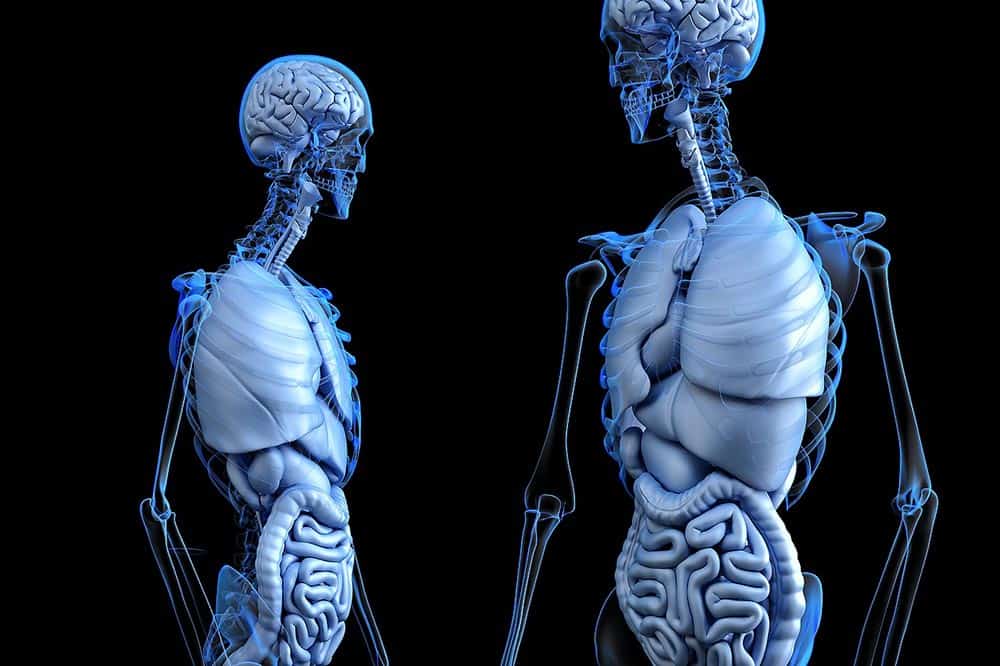
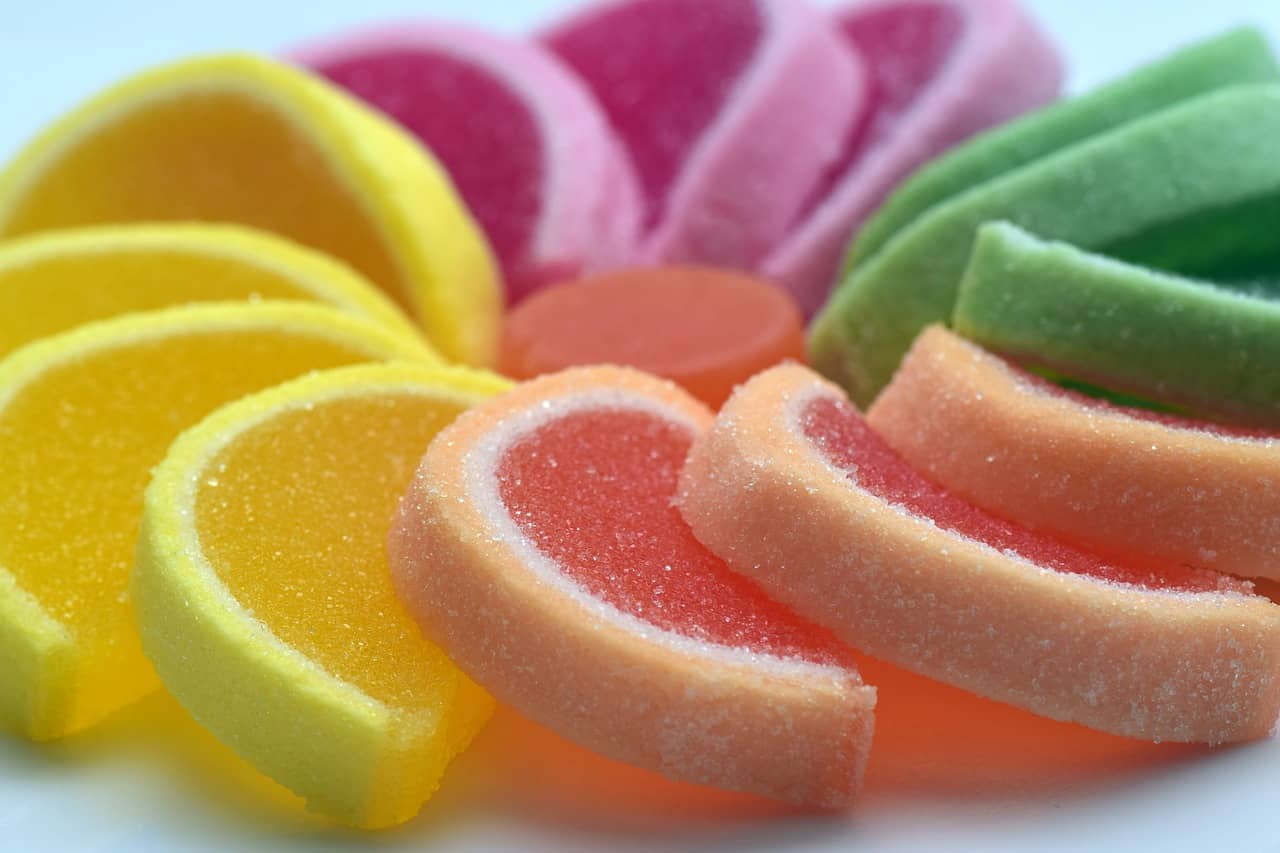

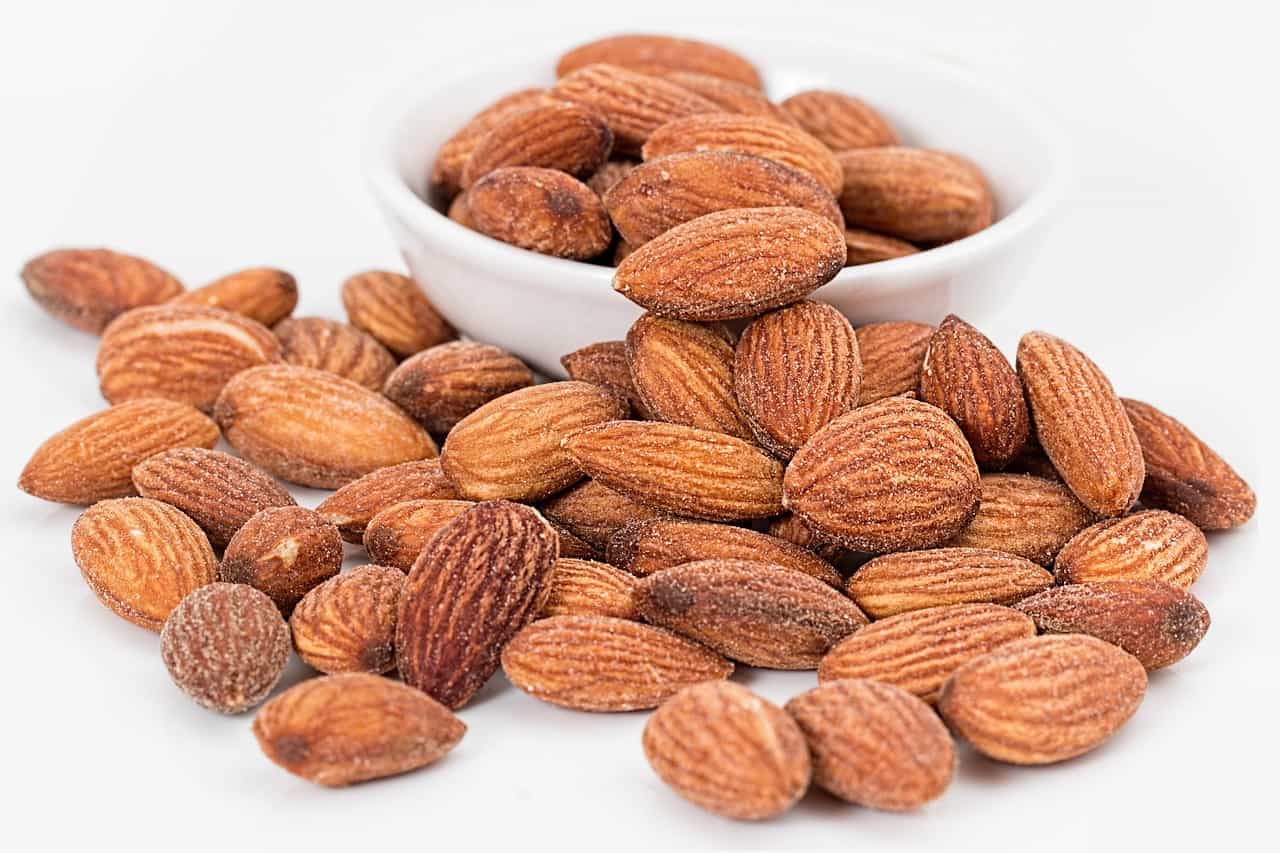

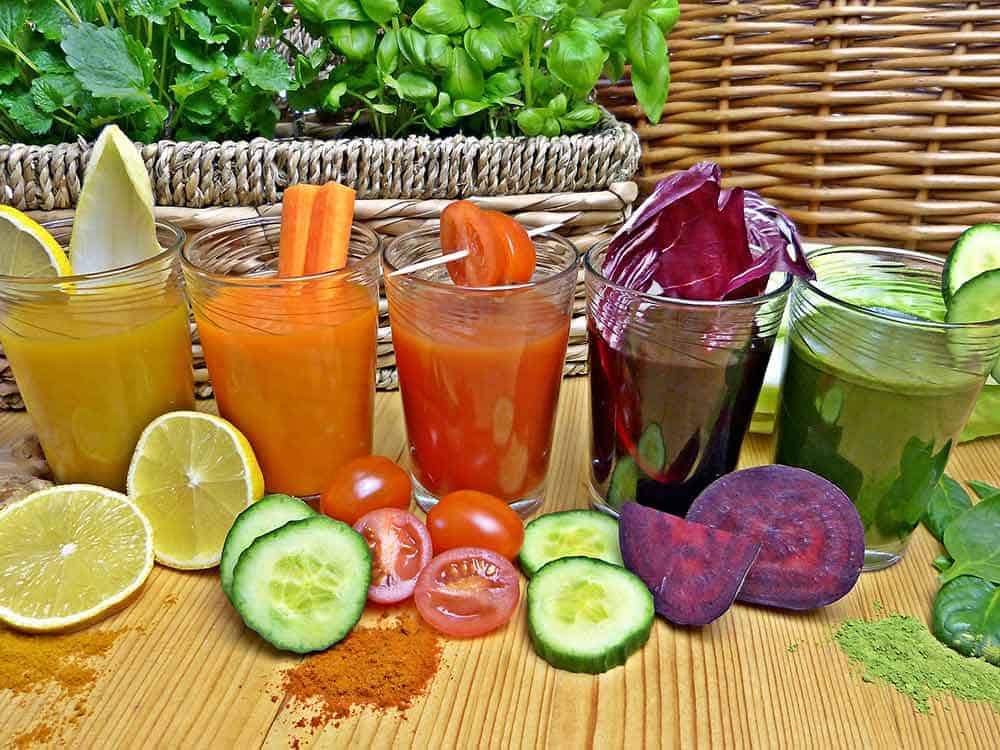
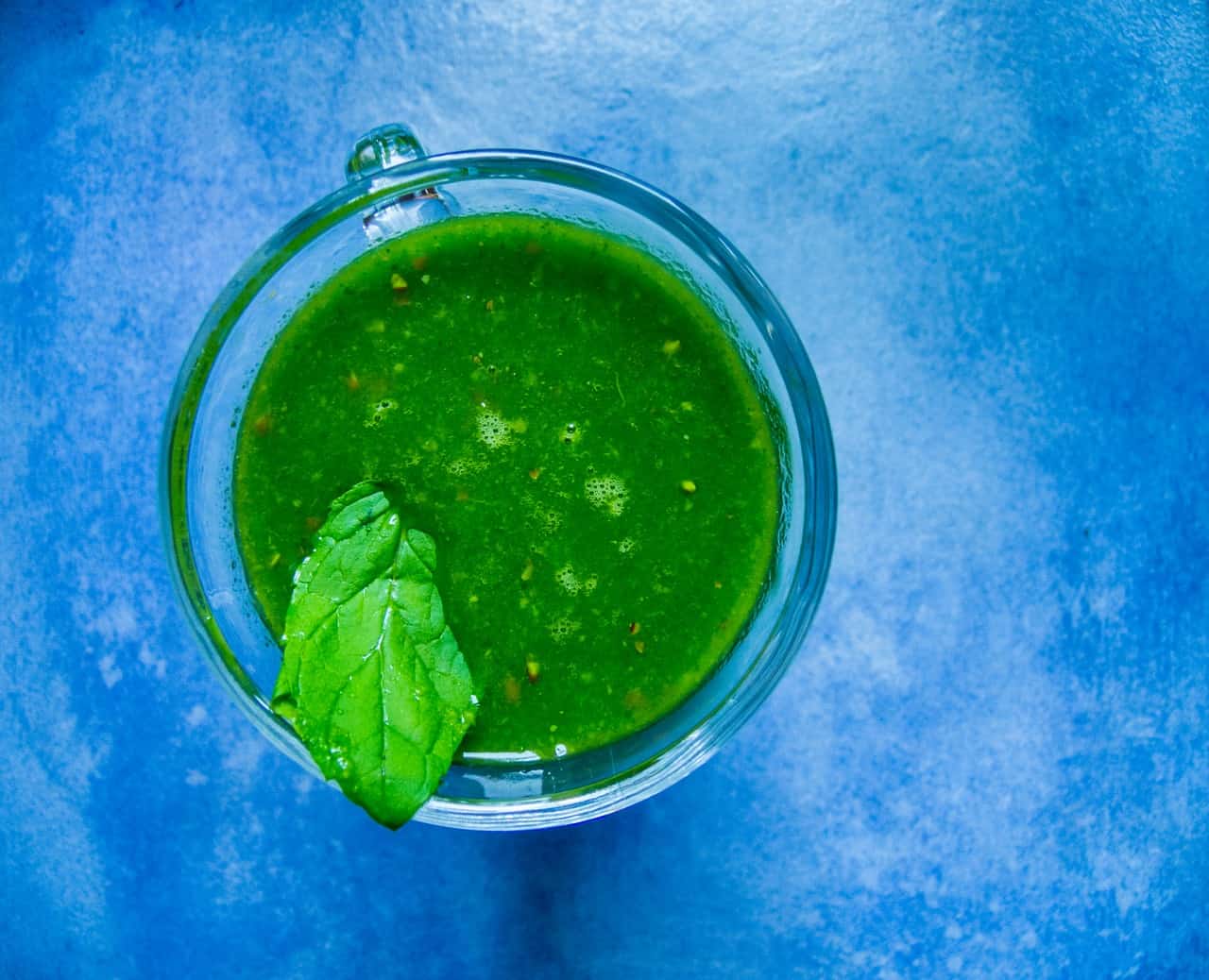
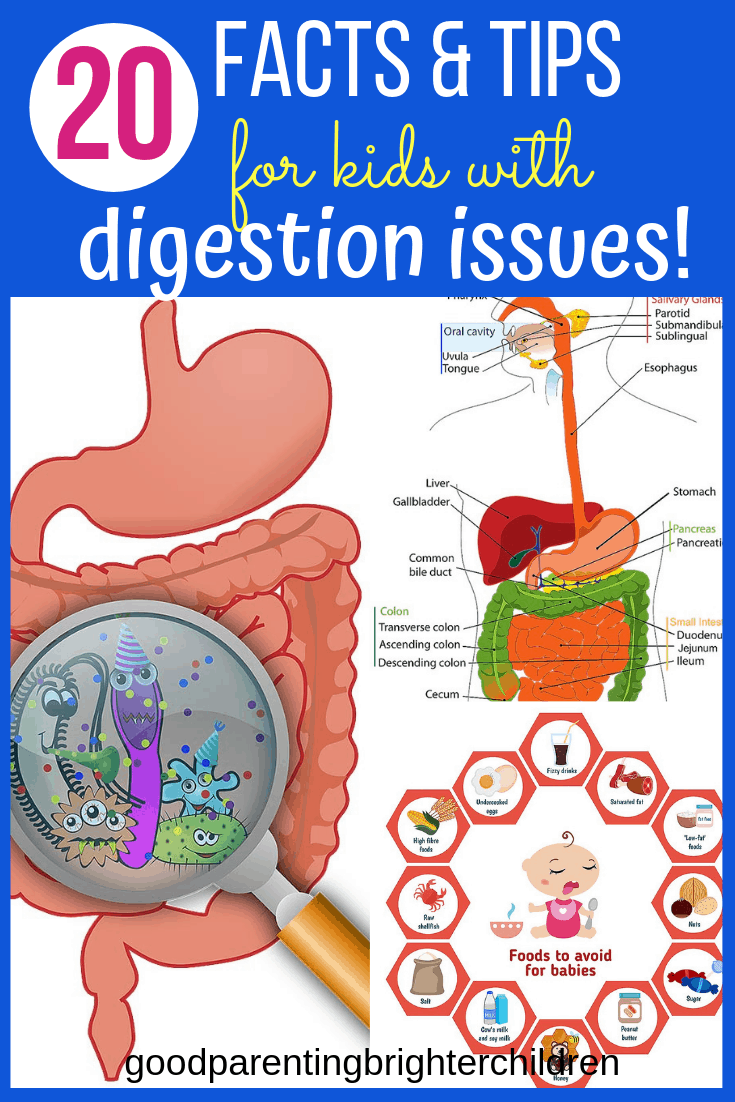


which enzymes do you reccomend for kids?
Kids do not normally need enzymes unless they have lactose intolerance (milk or dairy) and then your doctor can prescribe a very tiny lactose enzyme for them to take. Enzymes are needed when people have spent the majority of their lives eating “dead” foods–foods void of natural enzymes. Fruits, vegetables–are all considered living foods and contain enzymes. Your body contains so many enzymes and when you’ve used that supply up, then taking enzymes with a meal is important for digestion
Why after having a proper diet I have blotting issues and that too on a regular basis does it also create a breathing issue ?
It depends on several things. First–what do you consider a “proper” diet? Your body is having difficulties digesting the foods you are eating, hence the bloating and breathing issues. Do you know what blood type you are? If so, check out the book, “Eat Right For Your Blood Type.” You may be eating the wrong foods for your blood type. Another thing–do you eat under stress or too fast? That will also cause bloating and breathing issues. Last, you may need enzymes. Your body digestive system functions on enzymes and if you don’t have enough you will have the same problems mentioned.
Being on a plane causes dehydration which in turn causes constipation. Yes, drink a TON of water while you’re on the plane and again when you get off. Also, sitting for long periods of time will also cause digestion issues because movement actually helps with digestion–that’s why yoga helps so much–it gets the system moving. And–have a fun trip!
I’m sitting in the airport reading this and currently worried about my own digestion because I always have problems when I travel. I’m definitely going to try and get in as much Green yogurt as I can, drink tons of water, and fit in some yoga poses as you suggested. Perfect timing for this post!!! Thank you for all helpful tips, Sharlene!